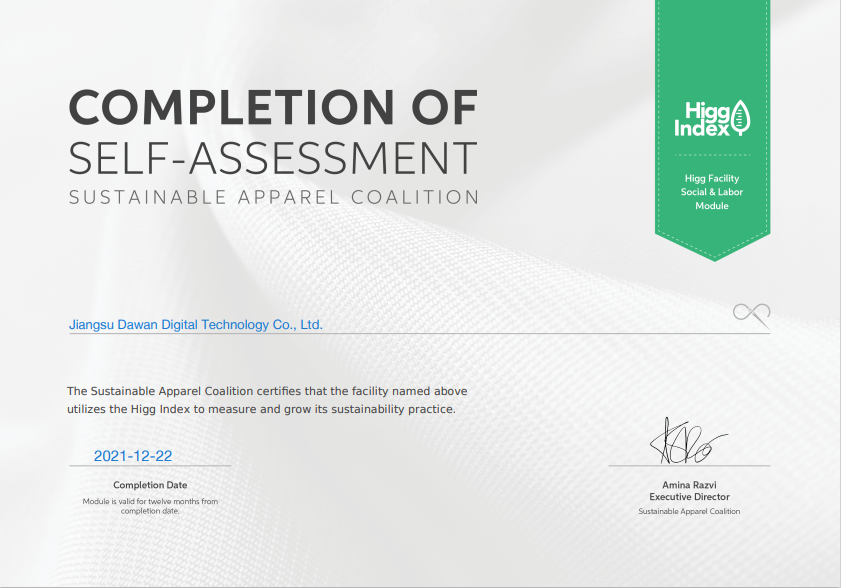The Higg MSI is the quantitative basis for the Higg Index product tool. It is a cradle-to-gate materials scoring tool designed to engage product design teams and global supply chains in environmental sustainability. Originally developed by Nike, the Higg MSI was adopted by the SAC and included in the Higg Index in 2012. Since then, SAC has been working to expand the index into a tool that can provide value to the entire industry.
The Higg Materials Sustainability Index (MSI) is a cradle-to-gate materials scoring tool from Life Cycle Assessment (LCA) data and methodologies to engage product design teams and global value chains in environmental sustainability.
MSI Contributor: A tool that anyone can submit material production data for review and use to score material in the Higg MSI.
NORMATIVE CONTENT
Higg MSI is a cradle-to-gate material scoring tool that addresses the extraction of raw materials or processing for production to manufacturing to their ready assembly into final products (referred to as "materials"). The base unit of the Higg MSI is 1kg. So Higg MSI can compare a kilogram of a specific material to a kilogram of another material.
Higg MSI has three key components:
1) Taxonomy: A method of collecting and organizing material production data.
2) Material data: Cradle to gate material production or Life Cycle Impact Assessment (LCIA) data. The Higg MSI database holds verified data on raw materials and various material production processes as well as other material specifications.
3) Scoring method: A method of interpreting the data. Higg MSI uses a scoring framework to convert data into individual environmental scores for materials.
Higg MSI Database Taxonomy
The Higg MSI database holds third-party reviewed material production data, modeled to determine impact and scored against the Higg MSI scoring framework (see below). The database is organized according to a very specific taxonomy determined by SAC members. This taxonomy defines the following:
• Material Category: The complete material category commonly found in the apparel, footwear, and home textile industries. Current MSI material categories include textiles, leather, synthetic leather, plastics, rubber/elastomers, foams, metals, wood-based materials, insulating materials, and coatings/laminates.
• Production stage: Material production steps where various treatments can be performed. Each material category has a specific set of production stages. More than one production stage is used to create finished materials.
• Base Materials: General-purpose materials commonly used in the apparel, footwear, and home textile industries. The base material consists of multiple processes defined by the SAC.
• Process: The actual production process used to create the material. Each stage of production may use a different process.
Higg MSI aims to differentiate the materials used for design and procurement based on the environmental impact of production from cradle to gate. Higg MSI is accessible online at msi.higg.org to provide transparency on data, scores, and scoring methodology. Here, the public can learn about the major impacts, what causes them, and the different production processes that can be used to reduce them. Higg MSI allows users to "customize materials" by creating blends and swapping out different processes and material specifications to see how material scores change.
BSI Group (Jiangsu Dawan) have been completed the FSLM self-assessment in 2021. When manufacturers seek HIGG-compliant dyes and auxiliaries, we have more than 300 types of textile dyes, pigments, and auxiliaries to choose from.
For more information on Higg, visit https://portal.higg.org/user-registration/login.

